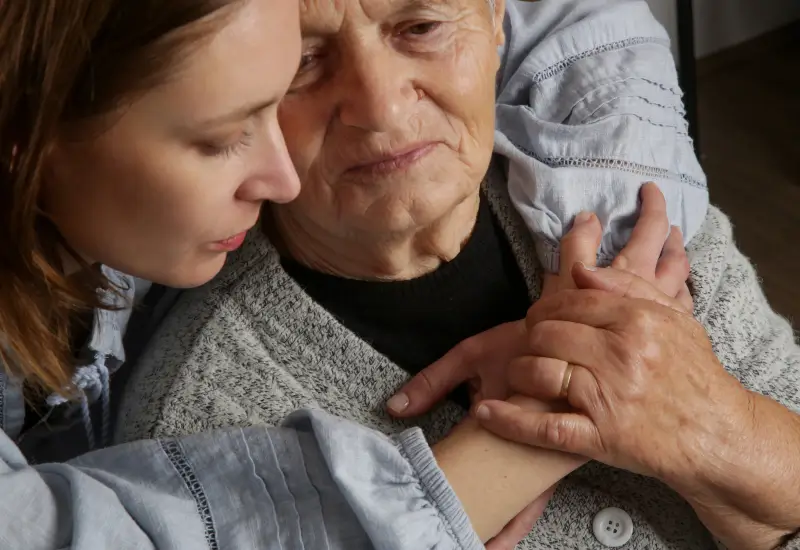How to Discuss Hospice Care With Your Family
Navigating conversations about hospice care with your family can be challenging. It’s a delicate topic that brings up many emotions and uncertainties, but it’s essential for ensuring that your loved one receives the compassionate end-of-life care they need. With careful planning and open communication, discussing hospice care can become a meaningful and supportive conversation. At Agape Hospice NW in Portland, OR, we understand the difficulty of this topic and are here to provide guidance on how to approach it with compassion and sensitivity. Keep reading for our tips for a successful discussion.
Be Prepared
Before initiating the conversation, ensure you have a clear understanding of what hospice care entails. Hospice care focuses on providing comfort and quality of life for individuals with a terminal illness. The goal is not to prolong life at any cost but to manage pain and symptoms while offering emotional and spiritual support.
Start the Conversation Early
It’s beneficial to have these discussions before the need arises. Ideally, these conversations start when everyone is healthy, addressing hypothetical “what if?” scenarios. This approach helps set a foundation for understanding and reduces the emotional burden when the time comes.
Choose the Right Time and Place
Discussing hospice care is a serious and emotional conversation. Choose a time and place where everyone can speak openly without interruptions. A quiet, private setting is ideal. Consider your family’s routines and select a moment when everyone can be present and attentive.
It’s important not to rush the conversation. This is a difficult conversation that can cause caregivers stress. Give everyone the time they need to process the information and express their feelings.
Start with Compassion and Honesty
Approach the conversation with compassion and honesty. Acknowledge the difficulty of the topic and the emotions involved. You might begin by saying something like, “I know this is a tough subject to talk about, but it’s important that we discuss how we can best support [loved one’s name] during this time.”
Be clear about why you’re considering hospice care, emphasizing that the primary focus is on comfort, dignity, and quality of life, not giving up.
Involve Your Loved One in the Conversation
If your loved one is able to participate in the discussion, it’s crucial to include them. This ensures that their wishes and preferences are honored. Ask open-ended questions like, “How are you feeling about the care you’re receiving?” or “What are your thoughts on hospice care?”
Respect their autonomy and make it clear that their input is central to the decision-making process.
Involve a Professional
Sometimes, it helps to have a healthcare professional present during these discussions to assist and provide the necessary information to make an informed decision.
What to Cover in the Discussion
When discussing hospice care, be sure to include these aspects so everyone can make an informed decision:
- The Purpose of Hospice Care – Explain that hospice focuses on comfort rather than curative treatment.
- Services Provided – Describe the hospice care services that are offered, including medical, emotional, psychological, and spiritual support.
- Eligibility and Costs – Clarify that a physician’s recommendation is required and that services are provided at no cost to the patient or family.
- Patient’s Wishes – Discuss the importance of advance directives and ensuring the patient’s preferences are honored.
- Support for the Family – Highlight that hospice care also provides support for the family, helping them through this challenging time.
Contact Agape Hospice NW for Support
Talking about hospice care is a daunting task, but it is a necessary step to ensure that your loved one receives the care they deserve. At Agape Hospice NW, we are committed to providing compassionate and comprehensive end-of-life care to patients and their families in the Portland, OR area. By having these conversations early and with sensitivity, you can help make this transition as smooth and comforting as possible.
If you need further assistance or have any questions, please do not hesitate to contact us. We are here to support you every step of the way.



